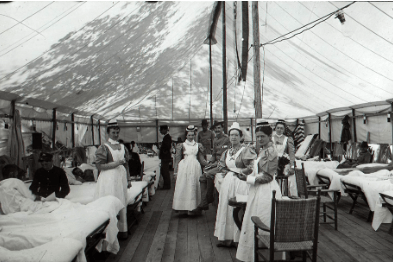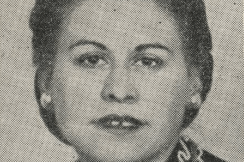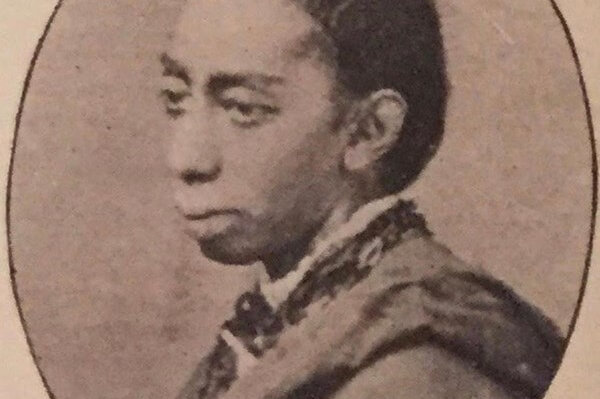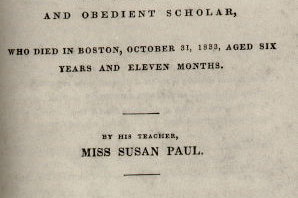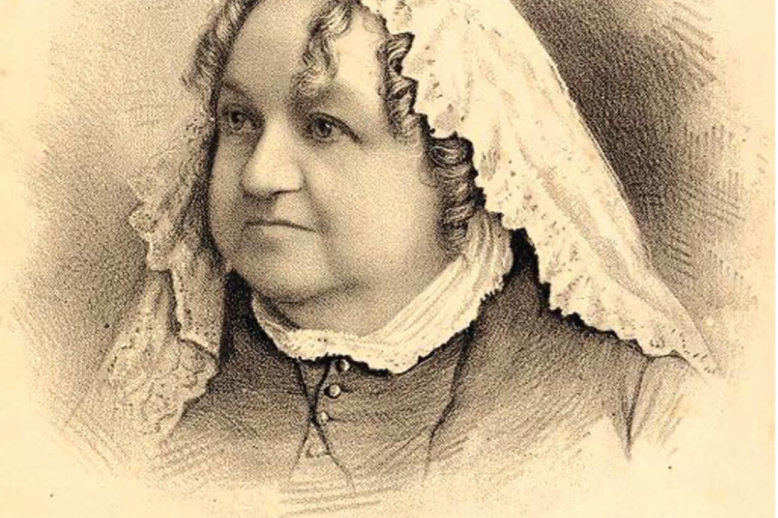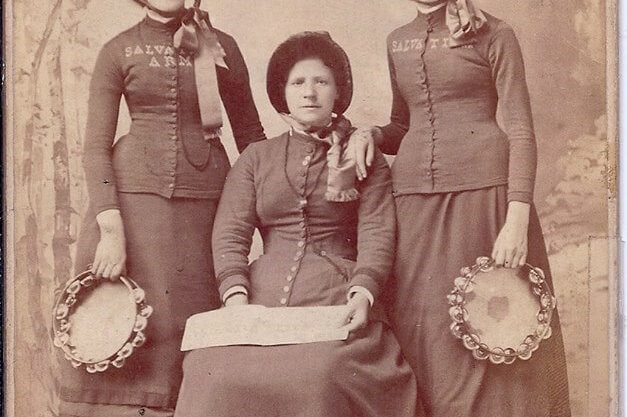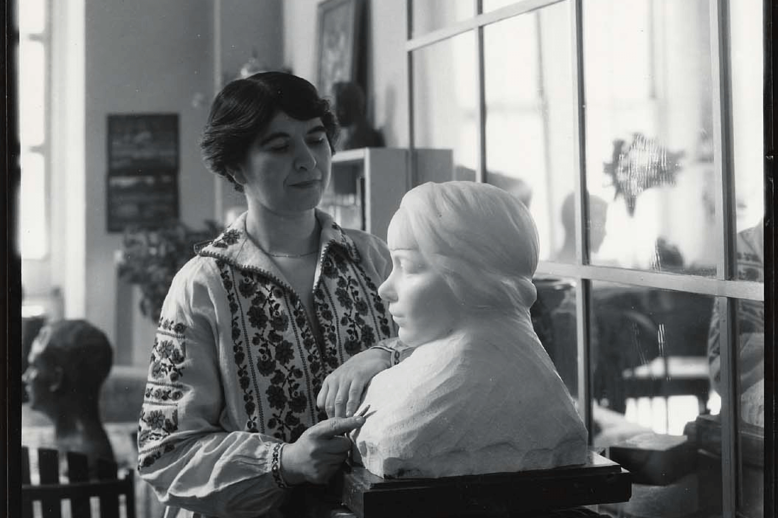Topic: Women
Women’s issues, suffrage, girls, anyone using she/her pronouns
Since its opening in 1821, the Massachusetts General Hospital has had a long tradition of caring for West Enders, Bostonians, and other patients from across the globe. This tradition includes a history of its nurses and doctors putting their own lives at risk while serving military personnel during wartime.
One of the few independent female lawyers of her day, and a staunch supporter of her community, Gladys Shapiro became one of the most influential women to emerge from the West End.
Nancy Gardner Prince’s world travel and experiences were unique for a 19th century Black woman, yet she still suffered from many of the harsh trials facing her people.
Raised in a West End home which served as a refuge for fugitive slaves, Eliza Ann Gardner learned the power of social activism at an early age. She dedicated her long life to the struggle for abolitionism, women’s rights, temperance, and still managed to run a successful business. She contributed significantly to the transformation of Black women’s roles in churches and public culture, and served as an inspiration to millions around the world, including her younger cousin, academic and civil rights leader W.E.B. DuBois.
Susan Paul (1809 -1841) worked as an abolitionist, educator, and author from the north slope of Beacon Hill in the West End. She fought against slavery in every aspect of her professional life through her education of African American students, the inspirational music performed by her choir, and her landmark work, The Memoir of James Jackson, the earliest known prose narrative and biography by an African American woman in the United States.
In the mid-19th century, Mary Ann Vincent, a popular English actress, arrived in the West End to expand her career. Her reputation for kindness and charity inspired those around her and blossomed into multiple institutions founded in her name, which to this day work to support women with access to advanced healthcare.
As the Salvation Army stormed into Boston to continue its evangelical and humanitarian mission, it chose a location in the West End for its headquarters in Massachusetts. From this initial foothold in the city, the Salvation Army and its leader Annie Shirley withstood the persecution of established churches and angry mobs, and expanded its operations throughout New England. The organization continues to pursue its mission today as one the country’s largest and most visible charities.
Though her humble immigrant background set her apart from her more affluent contemporaries, West Ender Bashka Paeff became a highly regarded member of the national arts establishment.

